(ECNS) -- No matter how Japan tries, there is no way to whitewash its discharge plan and the protests from neighboring countries and the questions raised by people within Japan are all clear evidence, Chinese Foreign Ministry spokesperson Mao Ning stated at a press conference on Thursday.
According to media reports, lately, the Japanese government has sought to justify its discharge plan at the NATO Summit, the ASEAN-plus ministerials, the Eastern Caribbean Ministerial Meeting on Fisheries and Sustainable Use of Living Marine Resources and so on, while signaling that the discharge scheduled to begin this summer will not be postponed. However, the National Fisheries Cooperative Federation of Japan and fisheries cooperatives of Fukushima and Miyagi have all reiterated their opposition to the plan.
Mao noted that the Japanese government has done several things recently on the issue of ocean discharge—it has launched a global PR campaign, set up a special fund to silence the public in opposition to the plan and used the IAEA’s review report as a “greenlight” for its plan—to act as if the ocean discharge plan is a done deal.
“If the Fukushima nuclear-contaminated water is truly safe, Japan wouldn’t have to dump it into the sea—and certainly shouldn’t if it’s not,” she said.
“The world has widely questioned the legitimacy, legality and safety of Japan’s discharge plan,” she remarked.
Mao exemplified that a Japanese media outlet reported on July 16 that over 80 percent of Japanese respondents to a recent poll consider the government’s explanation over the Fukushima wastewater to be insufficient.
She said that Japan’s scholars and environmentalists have also spoken up, saying that the discharge should not be tolerated, given the radioactive pollution it will add to the radioactive leak caused by the 2011 Fukushima accident.
“The Japanese government’s decision does not take into account at all the public concerns, particularly those of the fishing and farming communities. Most likely, the government will not keep its promise of not starting the ocean discharge before gaining the understanding of relevant parties,” she added.
Mao stressed that there is no precedent nor commonly accepted standard for dumping nuclear-contaminated water into the ocean and it is a matter of science and a question about attitude as well.
“We urge Japan to take seriously the legitimate concerns of the international community and the people in Japan, stop pushing through the ocean discharge plan, have full, sincere communication with neighboring countries, dispose of the nuclear-contaminated water in a truly responsible way, and accept strict international oversight,” Mao stated.









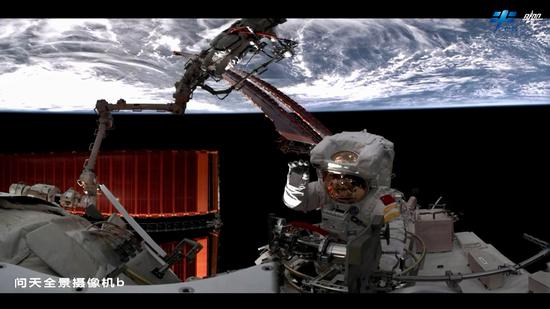















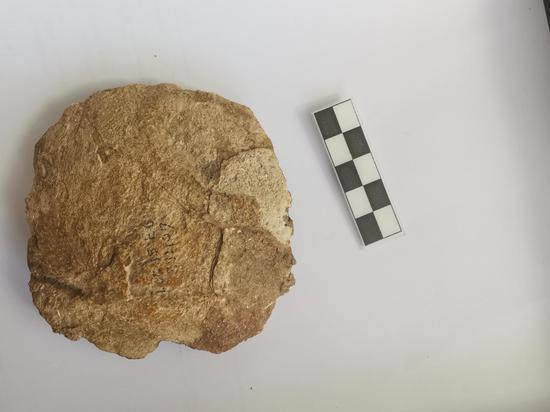

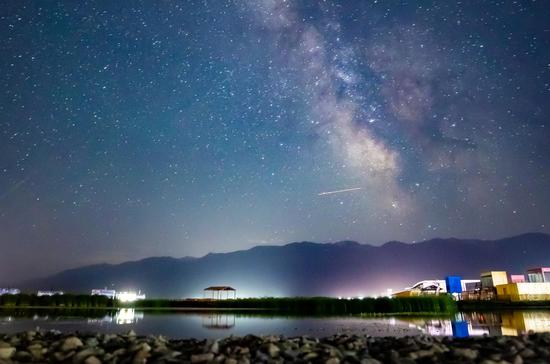

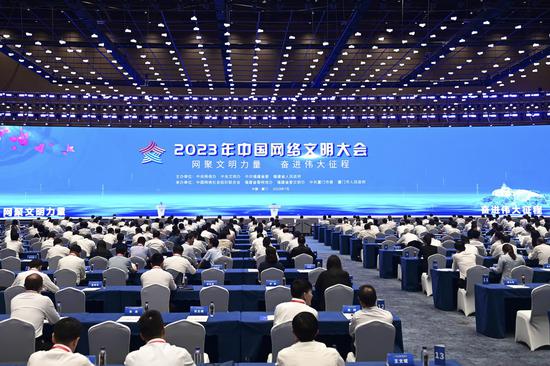
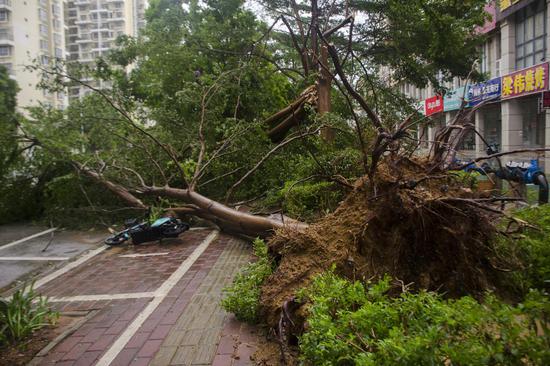

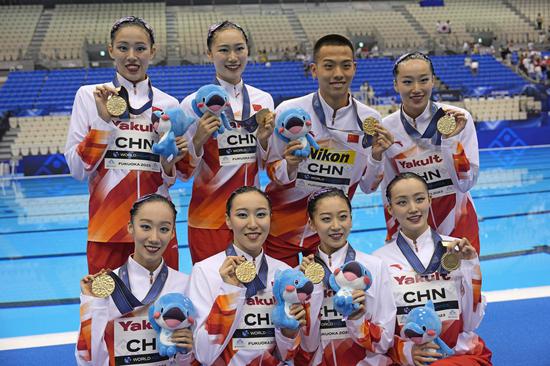

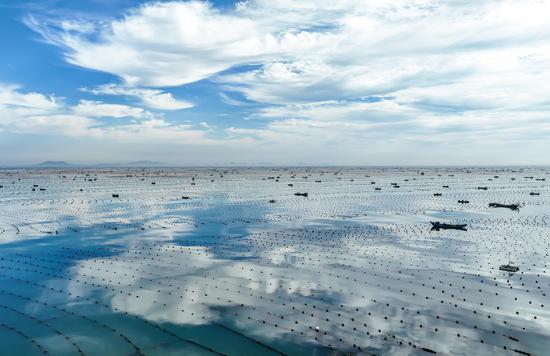

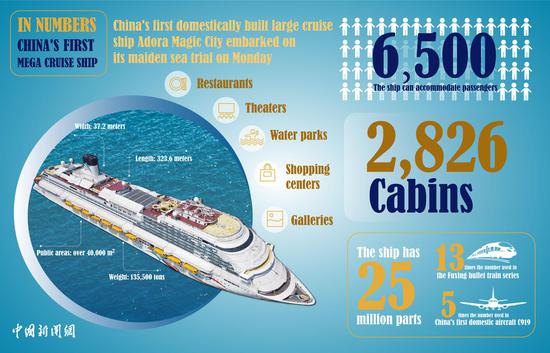




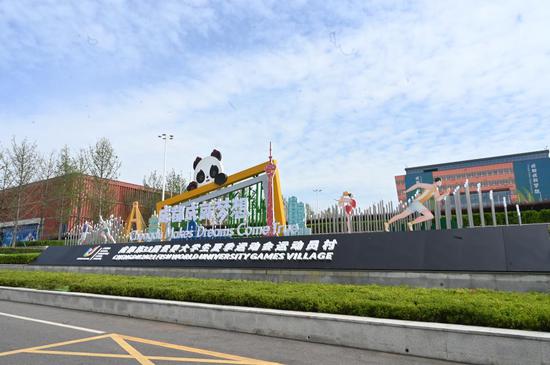
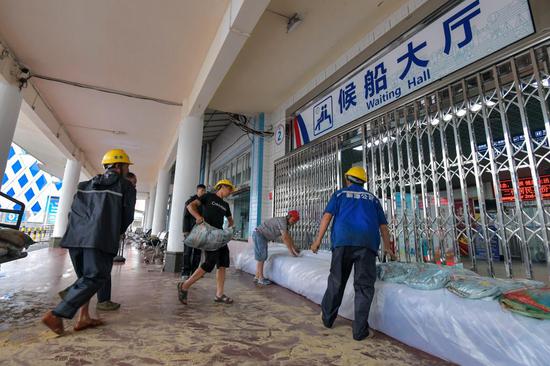
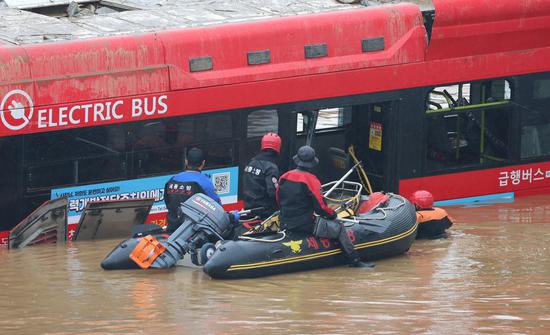






 京公网安备 11010202009201号
京公网安备 11010202009201号